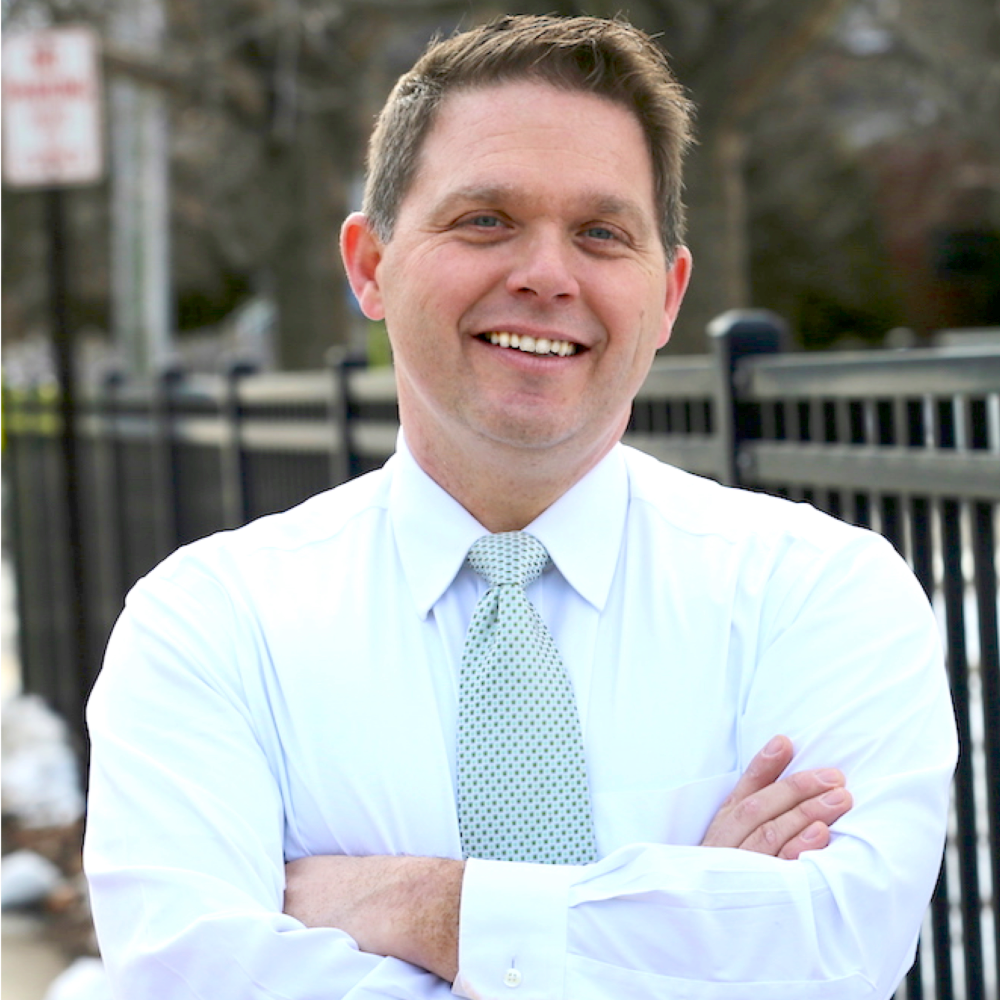Nationwide, the rate of deaths by gun violence this year alone is already forecast to reach the highest level in two decades — and Chicago is on pace to reach its highest annual homicide tally in 25 years.
The UChicago Urban Network has long been studying violence and the many contributory factors to the problem in Chicago and on Wednesday is hosting a discussion on breaking the cycle of violence to make the city a model for rebuilding traumatized communities.
Franklin Cosey-Gay, executive director for the Chicago Center for Youth Violence Prevention, which is housed at the University of Chicago and funded by the Centers for Disease Control and Prevention, says that understanding the power of collaboration is key.
“It’s not about a specific program as much as it is about a comprehensive approach that cuts across sectors and that focuses on bringing people together to really build capacity.” said Cosey-Gay. “It’s not only building capacity from within organizations, but across organizations through coalition work.”
Cosey-Gay says that structural changes, including mass school closures — many of which occurred in the Bronzeville neighborhood where his organization works — have had a devastating impact on the community.
“When you break up the community social fabric then you’re essentially creating an environment that doesn’t allow communities to be healthy,” said Cosey-Gay.
He also notes the loss of low-wage industrial jobs from the city that has led to high levels of unemployment in neighborhoods of color that are already economically depressed.
The impact on children’s mental health in those communities has been devastating. Cosey-Gay says a survey his organization conducted of children and adolescents in neighborhoods with persistently high levels of violence produced disturbing results.
“One out of three people that we have interviewed have known someone that has been shot. One out of five have known someone that has been killed. And so when we ask questions around exposure (to violence) and ask about mental health — one out of three children don’t feel like their life is worth living,” said Cosey-Gay. “When you’re exposed to that level of violence that has a tremendous impact on your overall health and that has a tremendous impact on the community as well.”
Dr. Kenneth Wilson is the medical director for UChicago Medicine’s Trauma Center in Hyde Park which opened in 2018 and rapidly became one of the busiest trauma centers treating gunshot victims in the country.
Wilson says that while he and his team may have done incredible work to repair the physical injuries of gunshot victims – that is not enough.
“We recognize that once they exit the trauma center, we may have done a phenomenal job of fixing their physiology – repairing injuries that would have been life-ending – but the psychology of having those injuries. The things that got them in front of a gun to begin with – we cannot fix,” said Wilson.
He says he and his colleagues do what they can to speak to and mentor some of the victims of violence they see, but he says that ultimately the high levels of gun violence in communities of color are a result of systemic racism and policy decisions that have stripped economic opportunity from those areas.
“It’s a lack of opportunity that has been intentional,” said Wilson. “Decreasing access to economic employment, redlining …. and the influx of guns and drugs into the neighborhoods. It’s all right here. We’re ground zero for those policies.”
The UChicago Urban Network will be host a webinar Wednesday titled, “Confronting Trauma to Stop the Cycle of Violence in Chicago.” For registration information, visit UChicago’s website.
THIS STORY ORIGINALLY APPEARED HERE.

